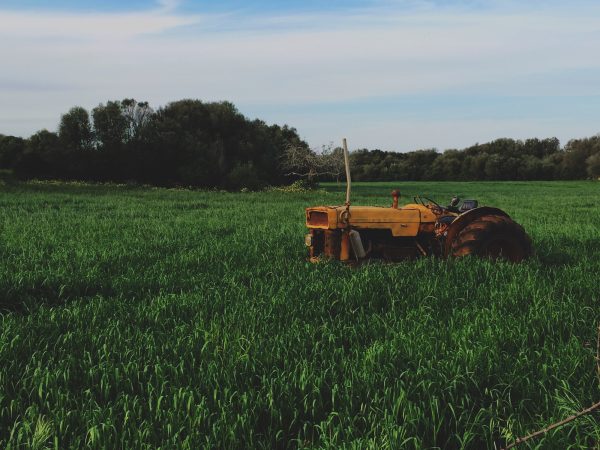Perceptions, representations and values associated with foods and their preparation and consumption are being transformed along with the life contexts of consumers. Economic and technical changes, the importance the food industry has acquired, the proliferation of discourses on what constitutes a “good diet”, ways of living in big cities, and global flows of people and foods (among many other factors) have led to the emergence of new consumption patterns that reflect these perceptions, representations and assessments, and that are aligned with new needs, conditioning factors and
preferences, including interest in agro-ecological and local products, concern for animal welfare, and a desire to shift to more responsible forms of consumption. The need to eat “well” and in a short time is reflected in a growing market for takeaway foods and in increasingly common home-made solutions, such as the practice of packing a lunch.
Migratory flows are having a major impact on the food culture in destination cities and regions, the food practices of migrants, and the formation of markets. When people move, so do foods and preparation techniques, which tend to be replicated in the places where the newcomers settle. Migrants adopt previously alien products and recipes, and members of the native population come in contact with new products and recipes that they can incorporate into their everyday consumption or try when they eat out. The proliferation of ethnic restaurants and the presence and consumption of “ethnic foods” are examples of how migration changes the food landscapes of a city and creates new meeting spaces. In cities with populations of diverse origins, there are countless opportunities to consume the foods of “others”, and this situation gives rise to some of the questions that guide this line of research: how do local cuisines change as a result of new foods and preparation methods? What type of foods are most likely to be adopted or rejected? What effect does the presence of “other foods” have on the perception of the food products of locals and migrants? What new combinations or preparation methods emerge in the multicultural context? How do migrants adapt their diet in the new life context? What meanings does food take on among migrant populations?
Based on findings that point to specialization and personalization of food consumption (whether for biomedical, socio-cultural or economic reasons), in this research area we also seek to:
a) describe and understand the proliferation of “personal dietary requirements” that have appeared in contemporary society and explore possible relationships with factors such as increasing individualism, multiculturalism, and the medicalization of food;
b) analyse the possible consequences of progressive individualization of food choices and how this may challenge the value traditionally placed on food and on eating together as a way of maintaining and strengthening social bonds.






